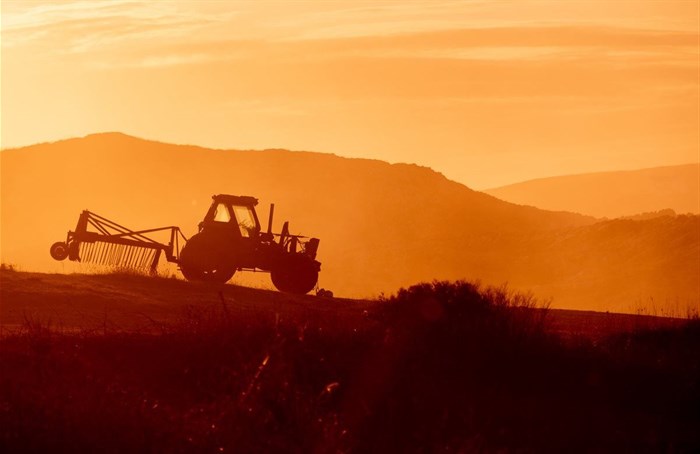
Just like the unskilled pilot in a graveyard spiral, so too are many of the South African towns in rural or farming areas who are finding themselves in desperate situations.
According to National Treasury, of the 275 municipalities in South Africa, 175 were in financial distress, 40 were battling to deliver basic services, and 102 had adopted budgets for 2021/22 that they cannot fund. Most of these municipalities are in rural or agricultural towns.
This has left individuals, farmers, agricultural role players and businesses in these areas to either look for alternative services or to step into the widening service delivery gap by fixing and maintaining the unkept or broken infrastructure themselves.
This is forcing some ratepayers – who have long been major economic contributors and a major source of revenue collection for municipalities – to close shop and relocate their interests elsewhere. The loss to communities in the form of jobs and income is devastating. The implications of this worsening trend are diabolical to contemplate, especially in light of the growing number of municipalities failing to collect revenue from residents and businesses for electricity, water and property taxes.
What will become of our municipalities if their biggest revenue contributors (businesses) are no longer there due to having relocated elsewhere? How will municipalities collect revenue from citizens and ratepayers who source alternative energy, such as borehole water and solar, to power their homes and businesses, and no longer pay the municipality for such services?
This creates a vicious circle. Less income for a municipality will ultimately result in even fewer services being delivered. Good service delivery from municipalities goes hand-in-hand with quality financial performance. In plain language, the municipality has no money in its coffers to deliver services due to a business relocating or its customers finding alternative energy providers.
In this scenario, we may see municipalities charge ratepayers for alternative energy in the form of taxes or fees for owning a borehole or solar panels. This is despite the trend that governments around the world are incentivising and encouraging citizens to go green and give them rebates if they move to alternate energy sources.
We may see the collapse of municipalities if they are unable to collect revenue. This would impact the poor, many of whom are not able to afford the privatisation of service delivery. We must remember that the more we try to squeeze from good citizens for services that are failing, the more we will get resistance. In the words of Winston Churchill, "…for a nation to try to tax itself into prosperity is like a man standing in a bucket and trying to lift himself up by the handle."
Our agricultural towns cannot afford to be decimated, given that they feed our nation.
Communities and businesses must continue to put pressure on local government to deliver services, by using appropriate avenues. For example, the Beefmaster Group have, together with others, founded the Sol Plaatje Ratepayers Union (SOPRU), the purpose of which is to stand together as taxpayers and to ensure that the government and municipality fulfil their responsibilities, in order to make Kimberley a better place and improve the municipality for all.
We need to use our voices to hold local government to account, but in turn, local government has to be willing to come to the party, given the risk of businesses looking for greener pastures. In 2021 we entered into an agreement with the local municipality specifically for this purpose, whereby Beefmaster Group would provide remedial work to the Homevale Waste Water Treatment Works, in an effort to restore its function. The partnership sees the municipality responsible for costs and the supply of equipment or parts. Should it fail to uphold its part of the deal, the agreement is forfeited.
We need to address the problem of continually putting people who are not able to do their jobs due to a lack of skills, in government positions. Jobs are not done effectively due to factors like political point-scoring. We need to overhaul the municipal structure to better align the job requirements with proper incentives, with a focus on accountability.
We need more clean audits so that citizens know that their money is being spent in the right places, i.e. more to the maintenance of infrastructure, less to back pockets or wasteful expenditure. Focussing on maintenance will also create jobs: If service delivery means building a road, then maintaining that road is another job. Law and order must prevail because currently, the fear of the law is less than the fear of being hungry. It is a long road, but this will create an atmosphere where service delivery can improve.
If municipalities and businesses, and all role players, work together to solve common problems, then we will experience the growth of agricultural communities, and develop these into thriving areas. We need to put a stop to poor service delivery and we need to respond constructively. We need to ensure that the farming and agricultural industries remain profitable, a stable source of revenue, and continue to provide job security to those who need it most.
As strange as it may feel, only once we have created the right climate in which to thrive, will we be able to trust our instruments and vision, rather than rely on a 'wing and a prayer' to get us out of the graveyard spiral.